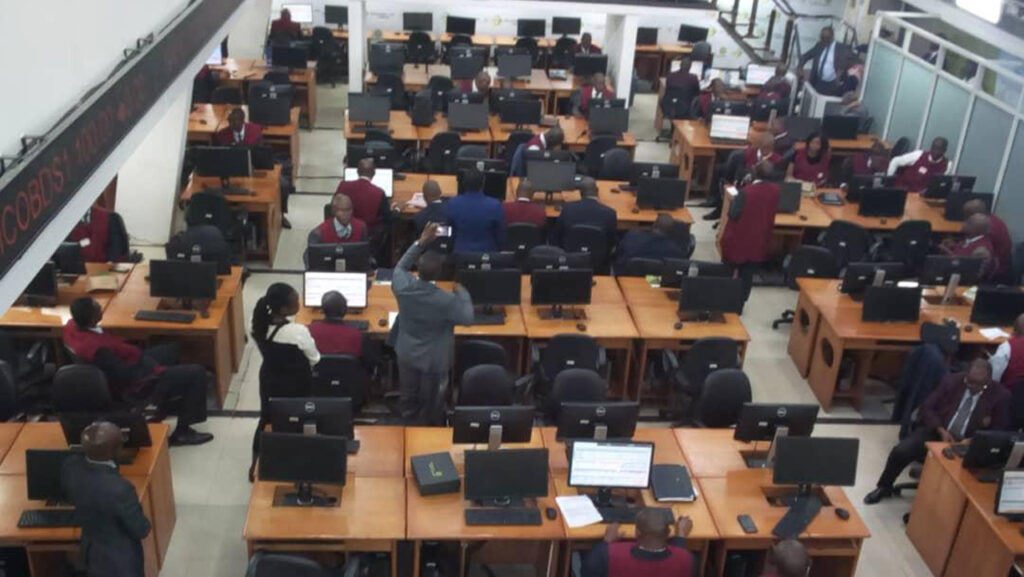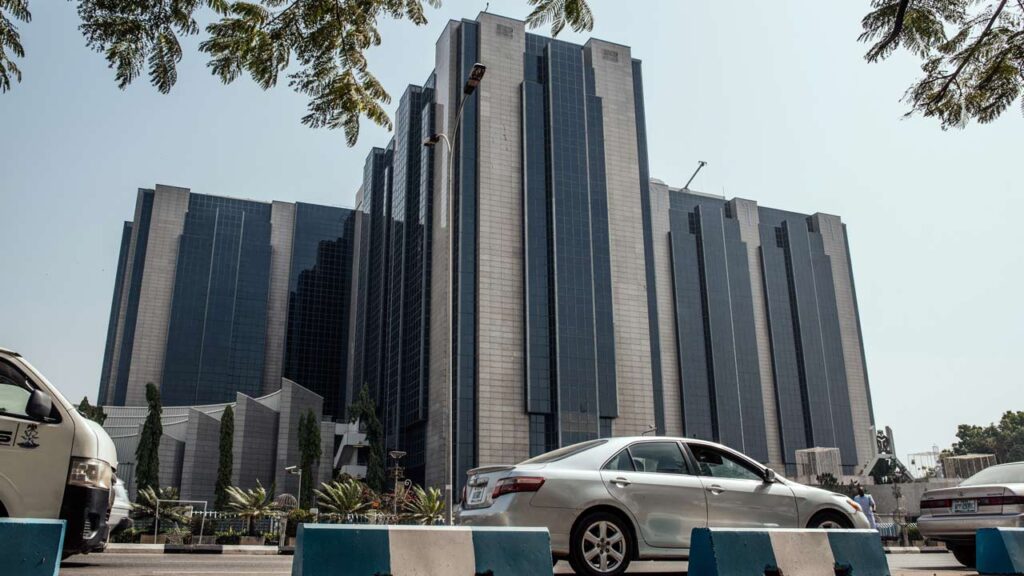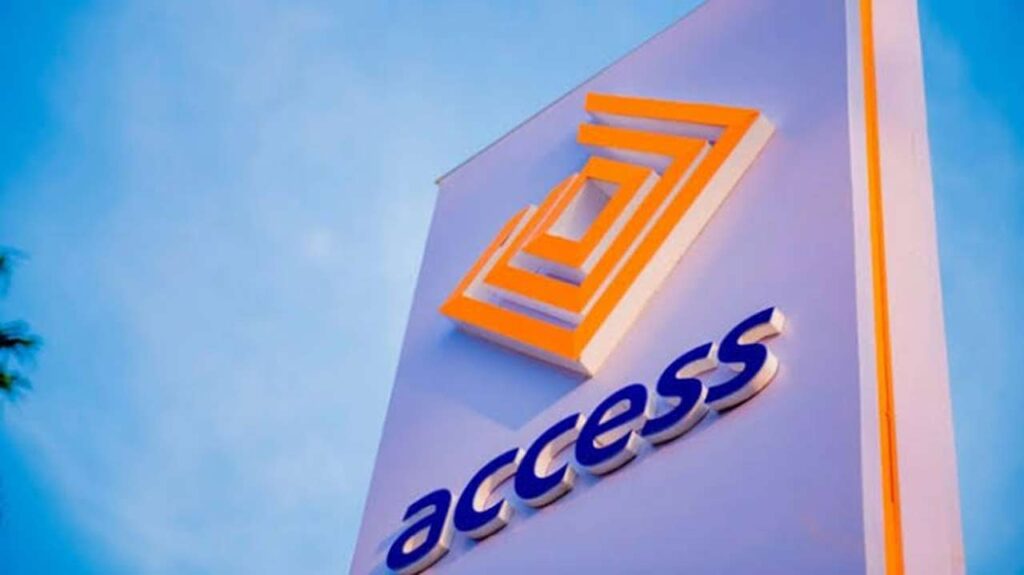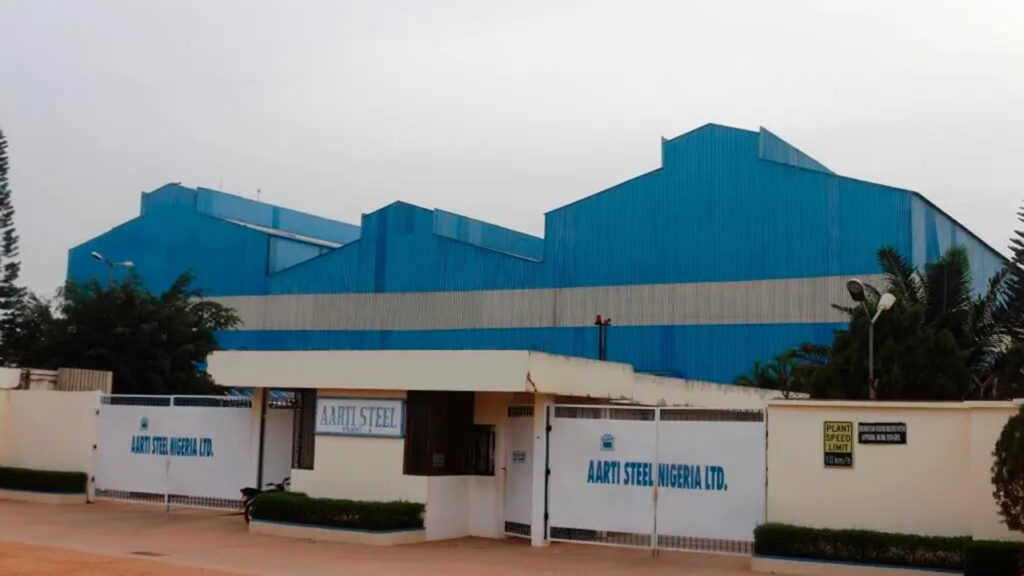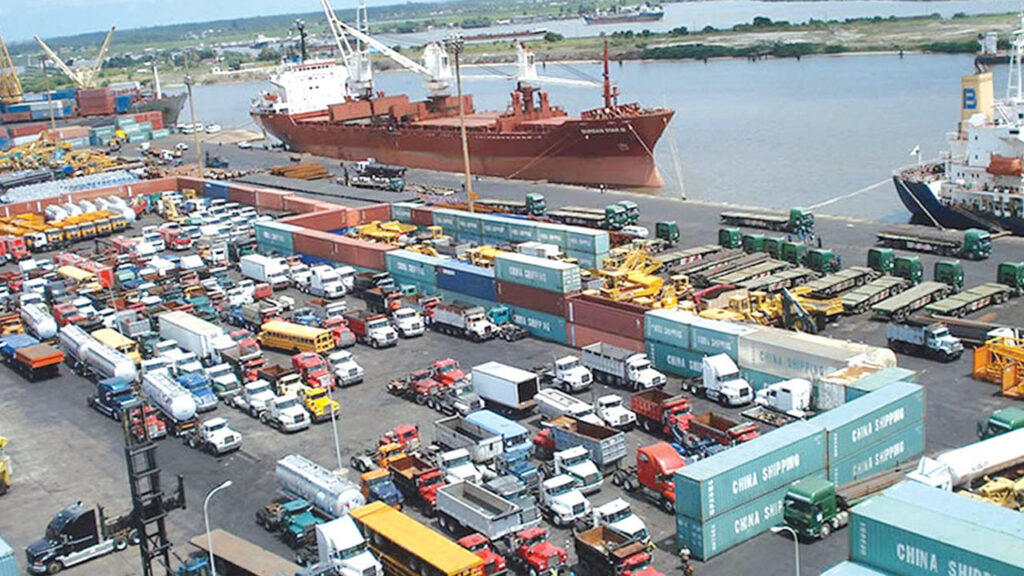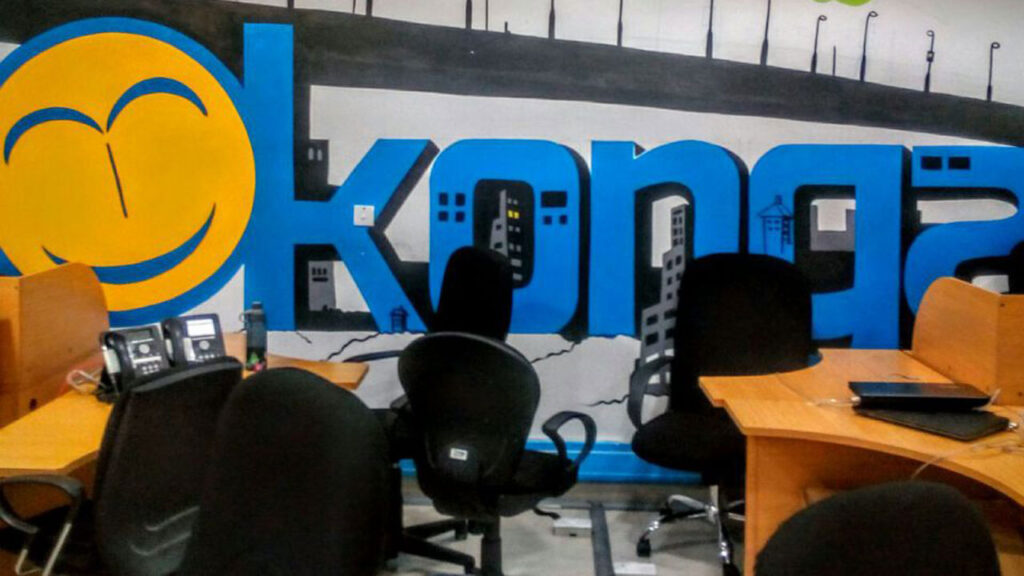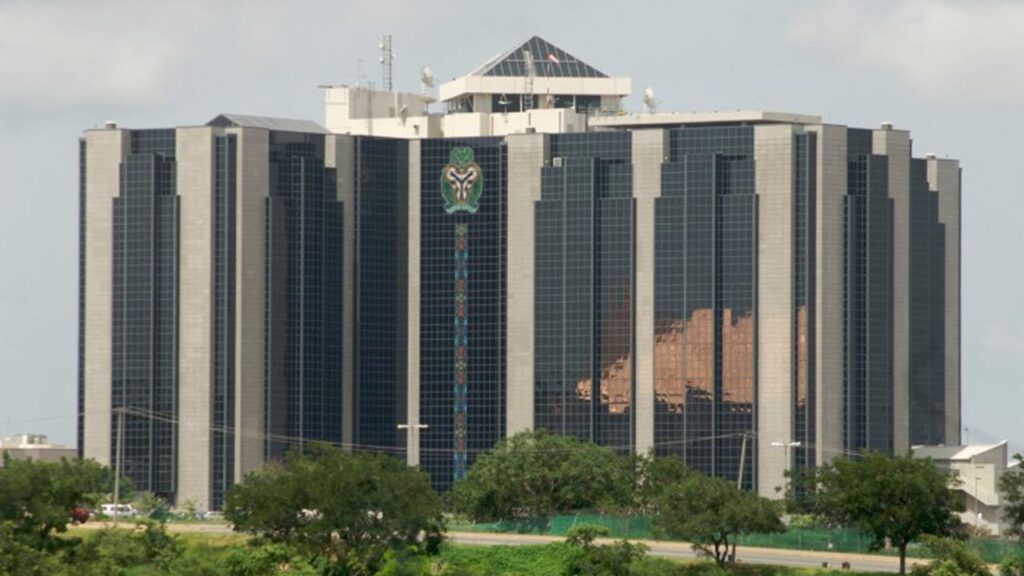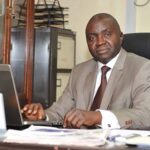
Noting that the political gestation period has significant implications for businesses with a high level of uncertainty and risk of post-election violence, as well as issues of elevated policy risk, they argued that there was a need for policy stability, especially in areas where policies are constructive.
Chief Executive Officer, Centre for the Promotion of Private Enterprise (CPPE), Dr. Muda Yusuf, said this at a seminar organised by the Chartered Institute of Taxation of Nigeria (CITN), on the 2023 budget recently, with the theme ‘Federal Government of Nigeria Budget 2023 and the Change in Guards: What Next?’
He described policy stability as a risk faced during a transition period, which is expected with new appointments that might change some dynamics in the economy.
Part of what he mentioned was the long-awaited proposal to remove fuel subsidy in the middle of the year, querying how economically the response would be.
Speaking on how the nation will transit economically from a business point of view, Yusuf called for urgent reform in the oil and gas sector.
According to him, the economy has been bleeding through the sector for several decades.
He said Nigeria, which still depends heavily on the importation of petroleum products, has caused the country to perform poorly through the effects of low revenue generation and foreign exchange earnings.
This, the CPPE boss said, could be viewed from the huge amount lost to oil theft.
He said tackling this should be put on the agenda of the next administration, as the very urgent reform needed to stabilise the economy.
“Needed also is urgent reform in a foreign exchange environment, to make it more market reflective and investment-friendly to unlock inflows of foreign exchange, investment and opportunities from Foreign Direct Investments (FDIs), as well as foreign portfolio investment.
“One of the biggest problems faced in the private sector since the inception of this administration is the quality of foreign exchange policy, the need to put an end to arbitrary charges, stop corruption, unlock inflows, because the current policy is blocking the inflow of investment into the economy.”
If the economy is not growing the revenue cannot grow,” he said.
Executive Director, Nigeria, African Development Bank (AfDB), Oyebode Oyetunde, who spoke on ‘Thoughts of Budgeting, Taxing and Transitioning’, gave an overview of the 2023 budget.
On the Finance Act 2019, he said it marked a significant milestone for Nigeria, as it aimed to bring the country’s tax legislation at par with global best practices, while also increasing revenue for the government.
He said solving the conundrum, there is a need to continue on the Finance Act, rebuild the social contract and coordinate monetary, fiscal, trade and energy policies.
He added that there should be an increase in VAT revenues predominantly to support states and local governments.
Earlier, President and Chairman of Council, CITN, Adesina Adedayo, said the forum was about bringing taxation and fiscal policy issues to the front burner.
He said the 2023 budget of fiscal sustainability and transition is a key document that will define the nation’s fiscal and economic policies in the year, adding that it would be a blueprint for how the country will achieve positive growth.

